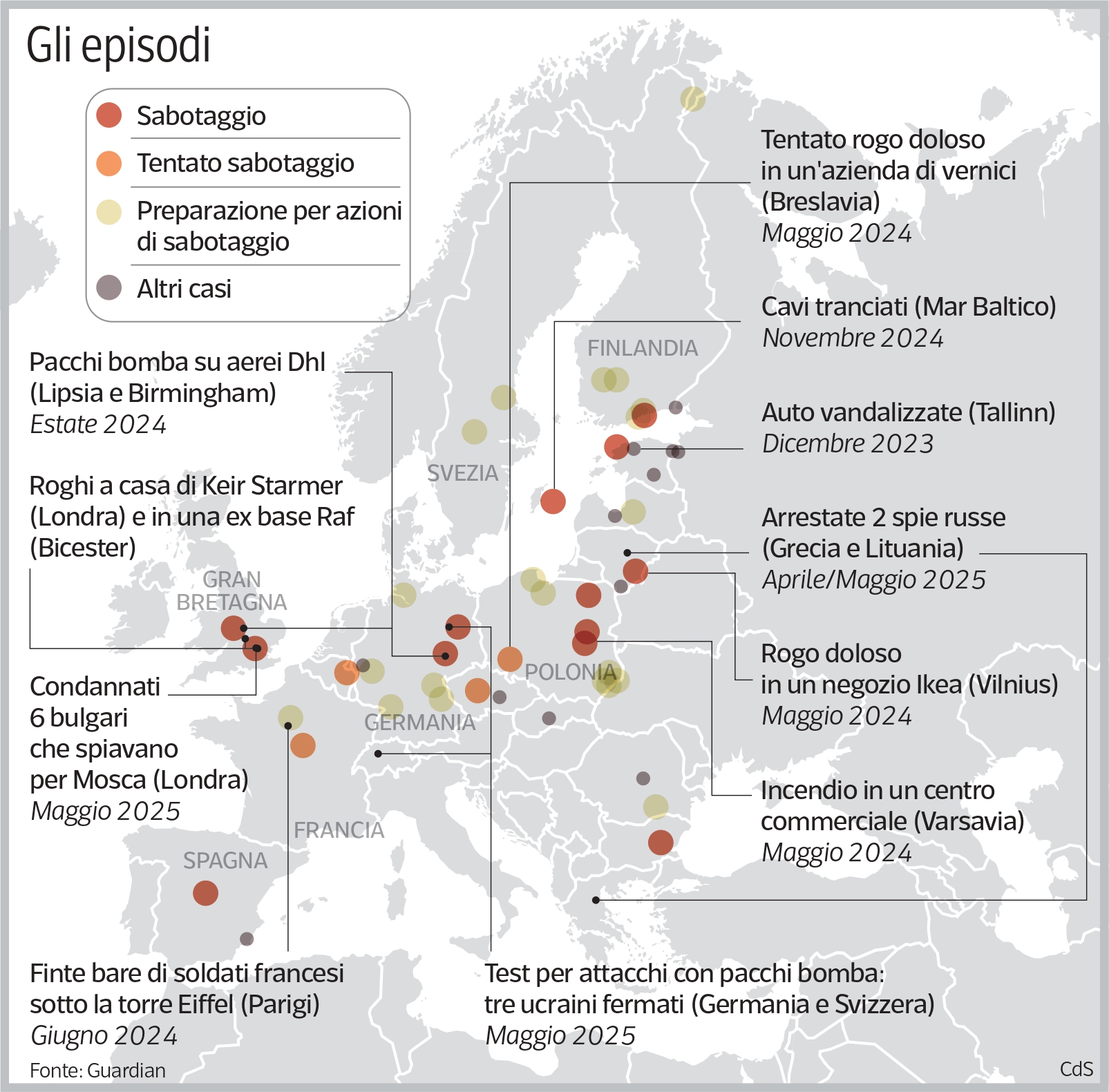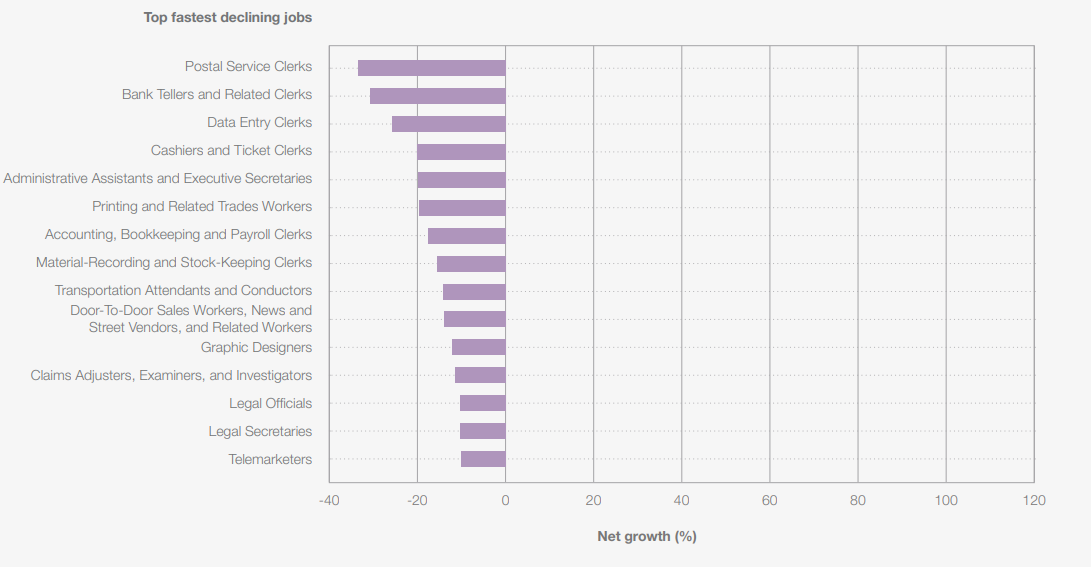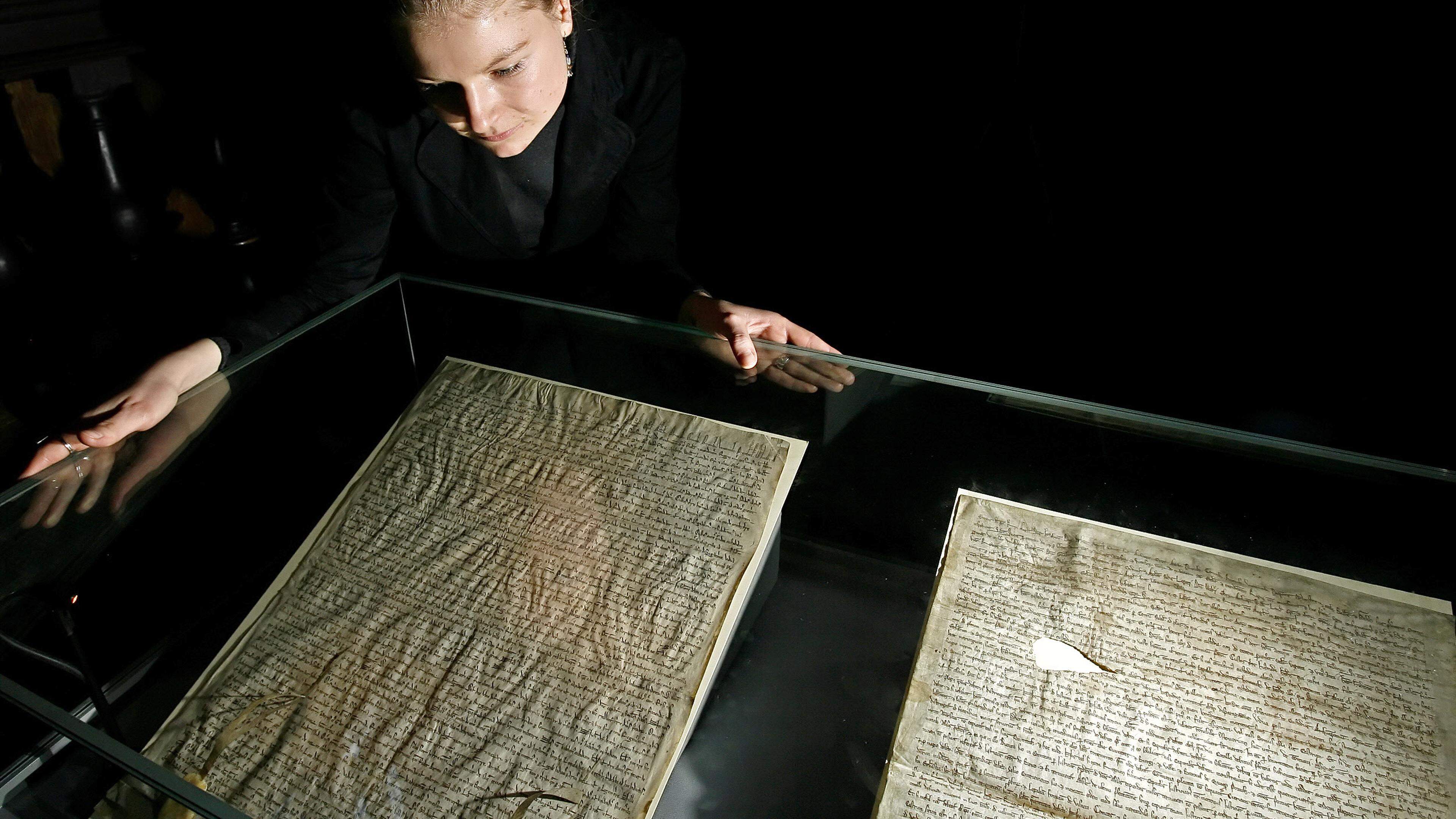CAOS speed camera, new ruling of the Cassation: without approval, the fines are null and stop also to any points reduced by the license

The Supreme Court: approval and approval are two distinct procedures, both necessary. Another 13 minutes canceled and the reduction of the license points was revoked. The ministerial circular that saved the non -approved plants also rejected. The commander Luigi Altamura: « From MIT still no draft decree »
The high fines with non -approved speed cameras? Straccia paper. This was established on the Cassation on April 19, 2024. And he reiterated it, in no uncertain terms, with other sentences. The last in order of time has just arrived and canceled thirteen minutes to a « pizzicato » motorist for almost 1,600 euros from irregular appliances, has also revoked the reduction of the license points. In addition, he pointed the finger at Circularly of the Ministry of the Interior and the State Attorney. The Ermellini were categorical: « Approval and approval are not equivalent procedures, nor alternatives, but both mandatory ». The first certifies that the speed camera is built according to the technical requirements filed to the ministry. The second – the approval – guarantees that that model really works, as the highway code imposes. Without this double passage, the sanction is illegitimate. Always. In addition, the Court also clarified that the periodic calibration of the appliance – although necessary – cannot in any way replace the approval, which still remains a preliminary and mandatory condition for the legitimacy of the sanction.
Case
Everything starts from a provision left dead for 33 years: since 1992, article 142 of the highway code requires that the speed cameras are approved and approved. But in 33 years the decree that establishes how and who has to approve them has never been written. Result: no device in Italy is in fact approved. And when the Cassation pointed out the void, the appeals began to flock. The reform of the highway code of last December 14 did not enter the merits e The decree that should have tried to buffer the situation was withdrawn after the controversies that arose following the publication of the text by the Corriere della Sera. Meanwhile, the regulatory hole remains. And the state, now, is naked.
The wand
In the sentence there is also a « wand » to the ministerial circular no. 995/2025, which married the opinion of the State Attorney, according to which « there is full homogeneity between the approval and approval procedures ». After this opinion, the Interior Ministry had addressed a circular to the prefects according to which local authorities could resist in court against motorists if they had supported this thesis with documents never examined by the Court, as they are not produced in the judgments already concluded. The Cassation, however, rejects it without appeal: « It cannot be shared, » he writes. Why A ministerial circular has no legal rank, but it is only an « internal » administrative act. And it cannot prevail, therefore, on primary regulatory sources, such as the Highway Code, which is – precisely – a law.
The reaction
A sentence that makes the municipalities tremble. Luigi Altamura, commander of the Local Police of Verona and Anci representative in Italy, speaks of « regulatory void » and denounces the inertia of the Ministry of Transport: « The second civil section of the Cassation reaffirms the principle and this time also calls into question the Ministry and the lawyer of the State. But from the Ministry of Transport, after the withdrawal of the draft decree already sent to Brussels, no proposal has arrived. When do you think of solving? ». Then the lunge: «Someone has the courage to write black on white that all the speed cameras of Italy must be turned off. Everyone. In the face of road safety. And in contrast to the European directives and with what was declared by the European Court of Auditors. Is this what we want to tell Italians? That legality stops if it disturbs the collection? ».
The appeals decree
It should be remembered, however, that you can challenge a report issued through electronic devices only within sixty days from the notification, if you choose the use of the prefect, or within thirty days from the reception, if you opt for the Justice of the Peace. And who has already paid? It can no longer appeal. No money back. No points returned. Meanwhile, until the regulatory vacuum is filled by the government, all high fines with speed cameras remain at risk of cancellation. The Cassation, even with the last May sentence, spoke clearly: the law applies to everyone. Also for the state.






:format(jpeg):fill(f8f8f8,true)/s3/static.nrc.nl/taxonomy/bf9b707-commentaar-itemafbeelding-2024.png)
